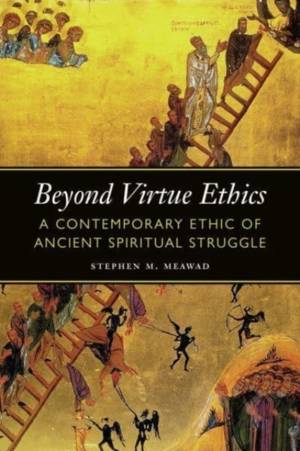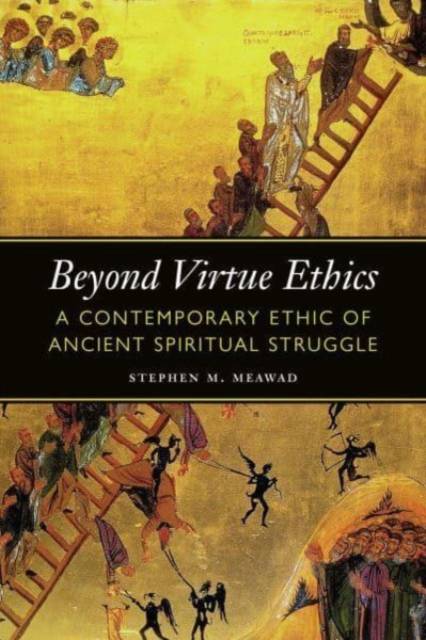
- Retrait gratuit dans votre magasin Club
- 7.000.000 titres dans notre catalogue
- Payer en toute sécurité
- Toujours un magasin près de chez vous
- Retrait gratuit dans votre magasin Club
- 7.000.000 titres dans notre catalogue
- Payer en toute sécurité
- Toujours un magasin près de chez vous
Description
A contemporary model of spiritual struggle shifts the emphasis from virtue's acquisition to its pursuit
Beyond Virtue Ethics offers a distinctive approach to virtue ethics, arguing not simply for the importance of "struggle" to virtue ethics, but that "struggle" itself is a manifestation of virtue. In doing this, Stephen M. Meawad offers a way of thinking about virtue not simply as a perfected state, but as a state that is to a greater or lesser degree a manifestation of the ideal itself, which is not attainable. Meawad affirms the concept of the unity of virtues--that is, the idea that a virtue is not a virtue unless united with other perfected virtues--which is found in God. Insofar as humans grow in unity with God, they too participate in the unity of virtues, although always to an imperfect extent. Meawad rejects a division between ethics and spirituality and provides two concrete examples of this suggested model. The first is the application of this model to the body and its implications for contemporary sexual ethics. The second is a reintegration of ethics and Scripture through the contemporary application of an ancient Patristic divine reading. This book establishes for readers a contemporary model of spiritual struggle, defining it as the exertion of effort in all conceivable dimensions--physical, emotional, psychological, and intellectual--with the intent to attain a semblance of, knowledge of, and intimacy with Jesus Christ.
Spécifications
Parties prenantes
- Auteur(s) :
- Editeur:
Contenu
- Nombre de pages :
- 280
- Langue:
- Anglais
- Collection :
Caractéristiques
- EAN:
- 9781647123123
- Date de parution :
- 01-05-23
- Format:
- Livre broché
- Format numérique:
- Trade paperback (VS)
- Dimensions :
- 152 mm x 226 mm
- Poids :
- 417 g







